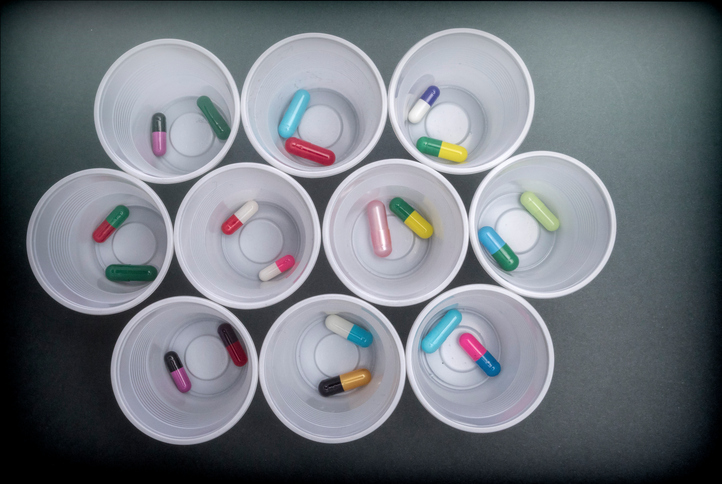We have treatments and medications for some of the world’s most debilitating diseases. Yet finding Alzheimer’s drugs is not easy at all. The problem is not that we aren’t trying. The brain is an extremely complex organ and is not easily accessible.
Finding Alzheimer’s drugs is a challenge for many reasons. It may seem frustrating to those affected by the disease. We are able to come up with drugs for other leading diseases such as cancer and AIDS. So why is it so hard to find one to treat the underlying cause of Alzheimer’s?
A large part of the reason is that much of the mechanisms of the brain are still unknown. This Washington Post article says that the brain is not easily accessible. Therefore, measuring outcomes of a trial is not always realistic. Biopsies are risky and invasive. While there is hope with the ever-evolving brain imaging technologies, they are not perfect.
Another reason is timing. Most of the 400 plus Alzheimer’s drug trials in the past have failed due to wrong timing. In order for most treatments to be effective, they need to be started early in the disease process. Furthermore, Professor Dennis Selkoe says he doesn’t believe it’s a lack of understanding about the disease. He states,
“It’s because we’ve chosen weak drugs that don’t do much. And we’ve tried them with people who already have significant impairment”.
Drug companies often have the mindset that they should try more promising developments with other diseases with their funding and resources. However, there is hope. Some of them have not given up. Even trying to boost cognitive reserves, rather than fix the underlying cause, would be a step in the right direction.


